Drs. Jim and Jennifer Westerman, both professors at Appalachian State University, made a decision that has saved the equivalent of 276 trees and avoided 10,624 pounds of CO2 emissions so far this calendar year: having 50 solar panels installed on their 1972 home. They are also accumulating enough energy credits to power them through the High Country’s less sunny winter days, and then some.
The family of four is operating at net positive energy consumption, meaning the total amount of renewable energy created at their home exceeds the total amount of energy used by the family on an annual basis. They expect to generate three times the energy they will use during the summer months.
“The extra goes back into the grid,” Jim Westerman explained. “Then, we get credit from Blue Ridge Electric through their net metering program.”
The Westermans have an app on their cellphones that allows them to monitor savings and usage by the minute. Collaborative Solar, a local business, installed the panels.
It’s about the ‘why’ and the ‘how’
There is a point, Jim Westerman said, at which you maximize the financial benefit. “We hit that point at 36 panels, but we added 14 more so we would be able to give renewable energy back to the community.” The Westermans were influenced in their decision-making by European countries that follow this model and by research that shows the value of net metering. According to the Brookings Institution, “a significant body of cost-benefit research conducted by PUCs [public utilities commissions], consultants, and research organizations provides substantial evidence that net metering is more often than not a net benefit to the grid and all ratepayers.”
But concerns about climate change were their primary motivation. “It is positive for the environment,” Jim Westerman said, “and it sets an example of environmental sustainability for our kids.”
“We are aware of our good fortune and that installing solar panels is not possible for everybody,” Jennifer Westerman added, “but we need to be cognizant of the critical environmental context in which we are living and the impacts we make.” People can have an impact “in a lot of different ways,” Jim Westerman added. “It doesn’t have to be solar panels.”
Both professors are deeply entrenched in sustainability efforts. Jim Westerman is director of sustainable business and the James E. Holshouser Distinguished Professor of Ethics in the Walker College of Business (WCOB). He was integral in launching the “Business for Good” sustainable business awareness series the WCOB hosts each year.
“Sustainable business is the future,” Jim Westerman said. “Businesses must be more aware of their environmental impacts and be connected to communities. In the business school, we have a good example of this with our new Net Impact student club. We could do more, however. Personally, I’d like to see every business student with a requirement for at least one sustainability-focused course.”
Jennifer Westerman agreed and said she would also like to see every student at Appalachian required to take a class on climate change. She is an associate professor in the College of Fine and Applied Arts’ Department of Sustainable Development (SD). Her research and teaching interests include environmental literature, environmental humanities, environmental and social justice, working-class studies and environmental writing.
“I love my job at Appalachian and my students,” Jennifer Westerman said. “Many students Appalachian attracts have immense passion and an incredible drive for social change. They want to do meaningful work in this world. I feel it’s my responsibility to model some of the things I teach.”
To that end, she is working on a book of creative non-fiction essays focused on particular species and places in southern Appalachia that are changing as the planet warms. For research, she is taking her family to a variety of spots in the region that will or are already experiencing climate change impacts: a creek in Virginia with native salamanders, ice caves in West Virginia, and an old growth forest in the Great Smoky Mountains, for example. All these spaces are susceptible to habitat changes and adaptation challenges.
“I am constantly talking about climate change with our kids,” Jennifer Westerman said, “and I’m struggling as a parent, because I see so much inaction. I believe we need to talk about what’s happening with the environment in ways that are personal and might affect change. We need to have all our kids conversant with climate change. These are defining times.”
She said she is encouraged by the increased sensitivity to sustainability issues on campus and in the area. She sees true activism on campus across many disciplines and departments around the 3E’s of sustainability – economics, equity and environment.
“My colleagues in the SD department are deeply committed to environmental and social justice in their teaching and research. We also have an award-winning sustainable technology department, faculty across campus who are modeling their sustainability teaching in their own life choices, staff members in our Office of Sustainability working on improving energy infrastructure on campus, and students across campus who are participating in a variety of academic and extracurricular opportunities to strengthen their commitment to a more just and sustainable future. There is a strong desire across campus to help our students understand that sustainability is more than greenwashing,” she said.
But both of the professors expressed some frustration with the status quo. “The technology and tools are already out there,” Jim Westerman said. “We need to be more willing to implement systems to support these endeavors on a mass scale. The local, state and federal incentive structures should be such that putting solar panels on your home is a financial no-brainer for people. Boone seems to be working toward more renewable options. We certainly have the technology to make more significant and meaningful change right now.
“If we are looking for enhanced models for our country,” he advised, “we should be looking at Norway, Sweden and Germany,” – countries that have embraced sustainability and renewables at the highest levels.
What do you think?
Share your feedback on this story.
Meet some Mountaineers who are living intentional lives, and making a difference for others.
Five proposals selected as ‘stunning examples of original thinking and collaboration,’ receive $10,000 each
Related links
- Appalachian Energy Center
- Research Institute for Environment, Energy, and Economics (RIEEE)
- Collaborative Solar
- Sustain Appalachian
- Business for Good
About the Walker College of Business
The Walker College of Business at Appalachian State University delivers transformational educational experiences that prepare and inspire students to be ethical, innovative and engaged business leaders who positively impact their communities, both locally and globally. The college places emphasis on international experiences, sustainable business practices, entrepreneurial programs and real-world applications with industry. Enrolling nearly 5,000 students, including more than 4,500 undergraduates across 11 majors, the Walker College of Business has the highest full-time undergraduate enrollment in the University of North Carolina System. App State’s Walker College is accredited by AACSB International — the premier global accrediting body for business schools. Learn more at https://business.appstate.edu.
About Appalachian State University
As a premier public institution, Appalachian State University prepares students to lead purposeful lives. App State is one of 17 campuses in the University of North Carolina System, with a national reputation for innovative teaching and opening access to a high-quality, cost-effective education. The university enrolls more than 21,000 students, has a low student-to-faculty ratio and offers more than 150 undergraduate and 80 graduate majors at its Boone and Hickory campuses and through App State Online. Learn more at https://www.appstate.edu.
About the Goodnight Family Department of Sustainable Development
One of seven departments housed in the College of Fine and Applied Arts, the Goodnight Family Department of Sustainable Development at Appalachian State University prepares students to thoughtfully analyze human development while focusing on the applied practice of pursuing transformative, community-driven development and social change. It offers a Bachelor of Science degree in sustainable development with concentrations in agroecology and sustainable agriculture; community, regional and global development; and environmental studies; as well as a Bachelor of Arts and minor in sustainable development. Learn more at https://sd.appstate.edu.
About Appalachian State University
As a premier public institution, Appalachian State University prepares students to lead purposeful lives. App State is one of 17 campuses in the University of North Carolina System, with a national reputation for innovative teaching and opening access to a high-quality, cost-effective education. The university enrolls more than 21,000 students, has a low student-to-faculty ratio and offers more than 150 undergraduate and 80 graduate majors at its Boone and Hickory campuses and through App State Online. Learn more at https://www.appstate.edu.
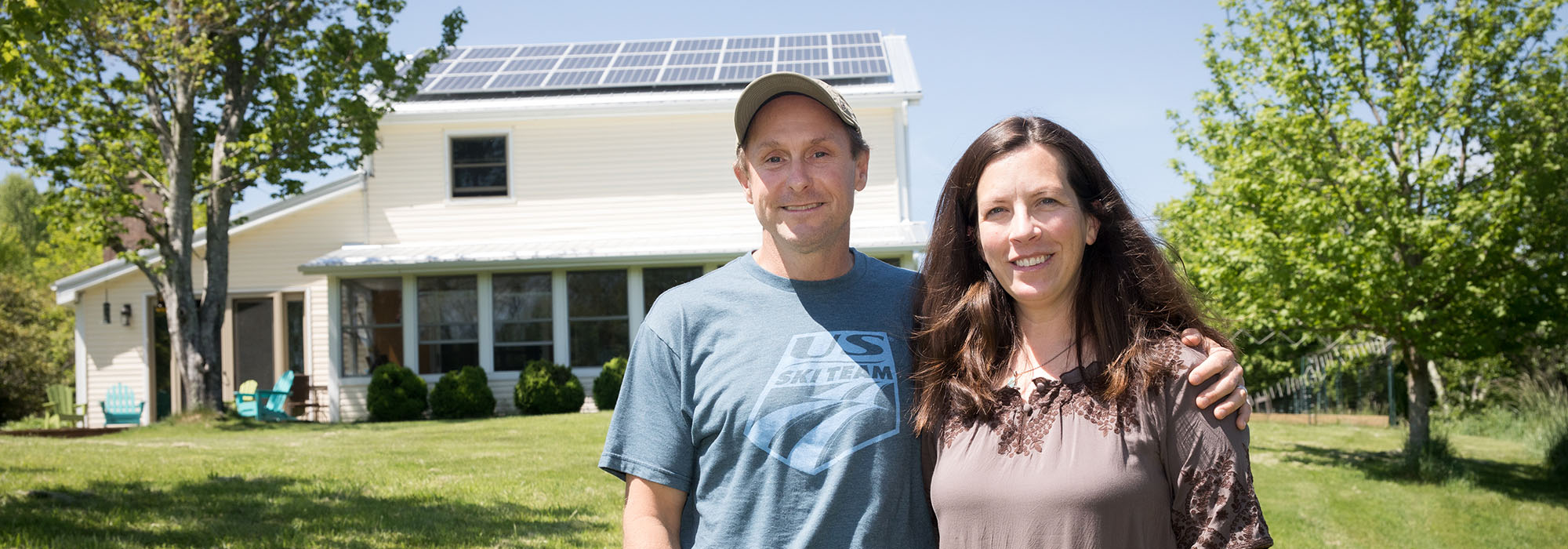

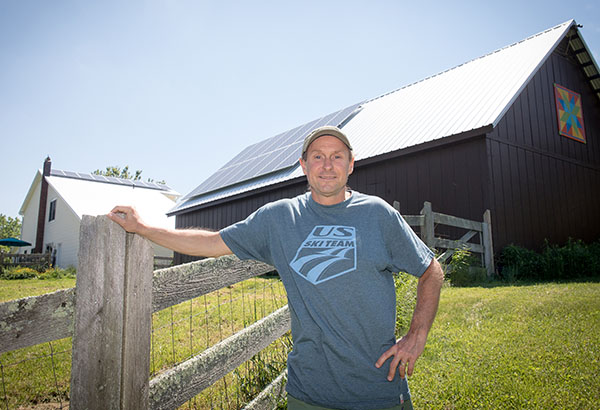
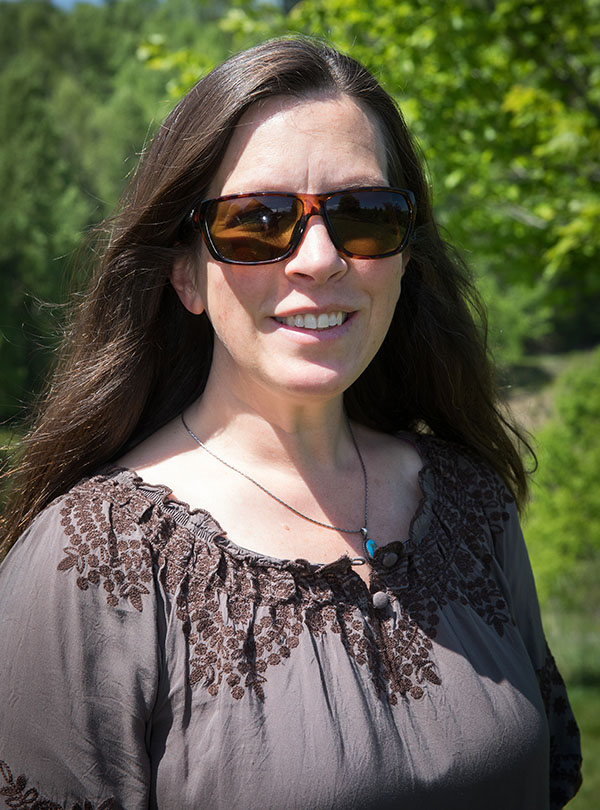
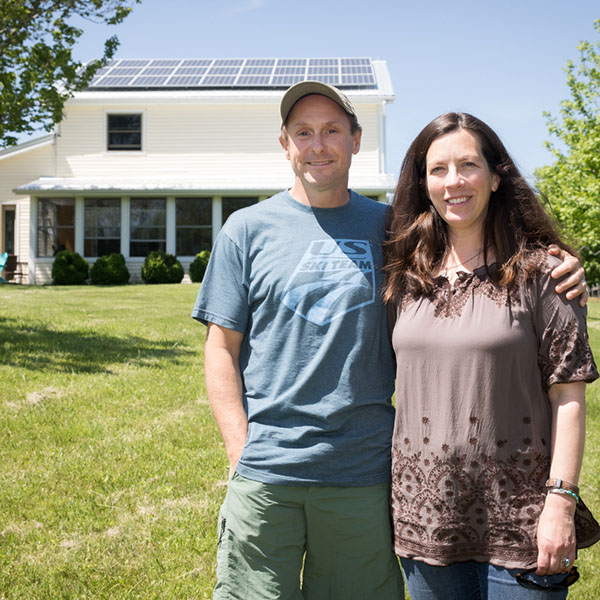
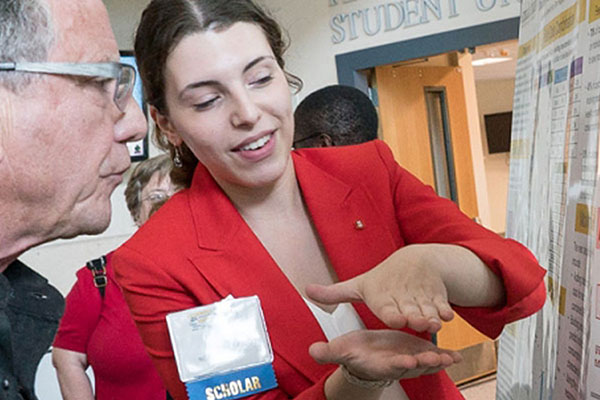
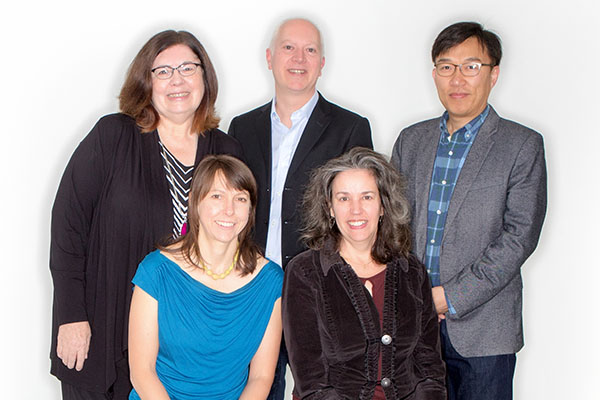
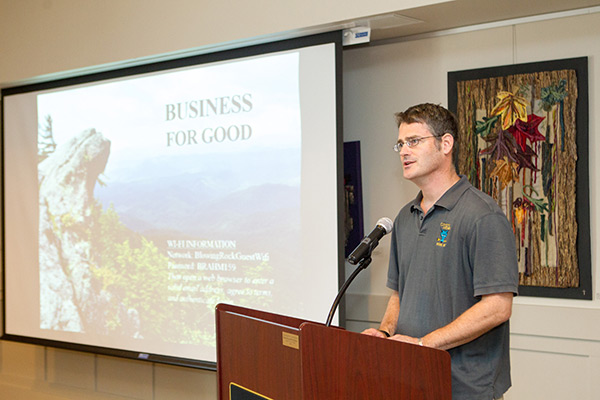




![How NCInnovation Is Rethinking Economic Development in North Carolina [faculty featured]](/_images/_posts/2026/02/rethinking-economic-development-600x400.jpg)






